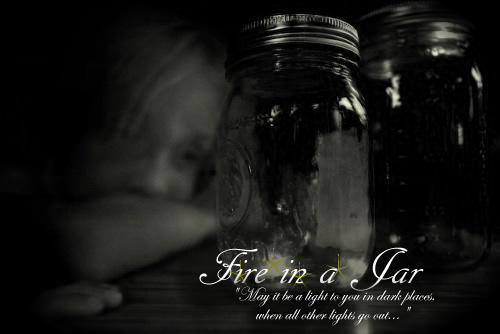(Mostly) alphabetical by author. The fact of my having read something should not be perceived as a recommendation that you or anyone else do so.
Mansfield Park - Jane Austen
Persuasion - Jane Austen
Pride and Prejudice - Jane Austen
Girl, Serpent, Thorn - Melissa Bashardoust
Switchboard Soldiers - Jennifer Chiaverini
The Awakening - Kate Chopin
Victory - Joseph Conrad
Bet Me - Jennifer Crusie
Bleak House - Charles Dickens
North and South - Elizabeth Gaskell
The Keepers of the House - Shirley Ann Grau
An Armenian Sketchbook - Vasily Grossman
Arena - Karen Hancock
Mr. Splitfoot - Samantha Hart
The Forest Unseen - David George Haskell
The Chronicles of Chrestomanci, Volume I - Diana Wynne Jones
Dark Lord of Derkholm - Diana Wynne Jones
Howl’s Moving Castle - Diana Wynne Jones
Tomorrowmind - Gabriella Kellerman and Martin Seligman
The Magician’s Nephew - C.S. Lewis
The Lion, The Witch, & the Wardrobe - C.S. Lewis
The Horse and His Boy - C.S. Lewis
Prince Caspian - C.S. Lewis
The Voyage of the Dawn Treader - C.S. Lewis
The Silver Chair - C.S. Lewis
The Final Battle - C.S. Lewis
The Monk - Matthew Lewis
You Are Here - Karin Lin-Greenberg
The Color of Magic - Terry Pratchett
Equal Rites - Terry Pratchett
Eric - Terry Pratchett
Guards! Guards! - Terry Pratchett
Hogfather - Terry Pratchett
The Light Fantastic - Terry Pratchett
Lords and Ladies - Terry Pratchett
Men at Arms - Terry Pratchett
Mort - Terry Pratchett
Pyramids - Terry Pratchett
Reaper Man - Terry Pratchett
Small Gods - Terry Pratchett
Sourcery - Terry Pratchett
Witches Abroad - Terry Pratchett
Wyrd Sisters - Terry Pratchett
Tender at the Bone - Ruth Reichl
Housekeeping - Marilynne Robinson
Harry Potter and the Philosopher’s Stone - J. K. Rowling
Harry Potter and the Chamber of Secrets - J. K. Rowling
Harry Potter and the Prisoner of Azkaban - J. K. Rowling
Harry Potter and the Goblet of Fire - J. K. Rowling
Harry Potter and the Order of the Phoenix - J.K. Rowling
Harry Potter and the Half-Blood Prince - J.K. Rowling
Harry Potter and the Deathly Hallows - J. K. Rowling
Seeing Like a State - James C. Scott
Zen Mind, Beginner’s Mind - Shunryu Suzuki-roshi
With the Old Breed - E.B. Sledge
The Daughter of Time - Jacqueline Tey
War Birds: Diary of an Unknown Aviator
Summer - Edith Wharton
Lament for a Son - Nicholas Wolterstorff
The Great Divorce - Ilyon Woo
Swiss Family Robinson - Johann David Wyss
The Midnight Palace - Carlos Ruiz Zafon
A Love Episode - Emile Zola
